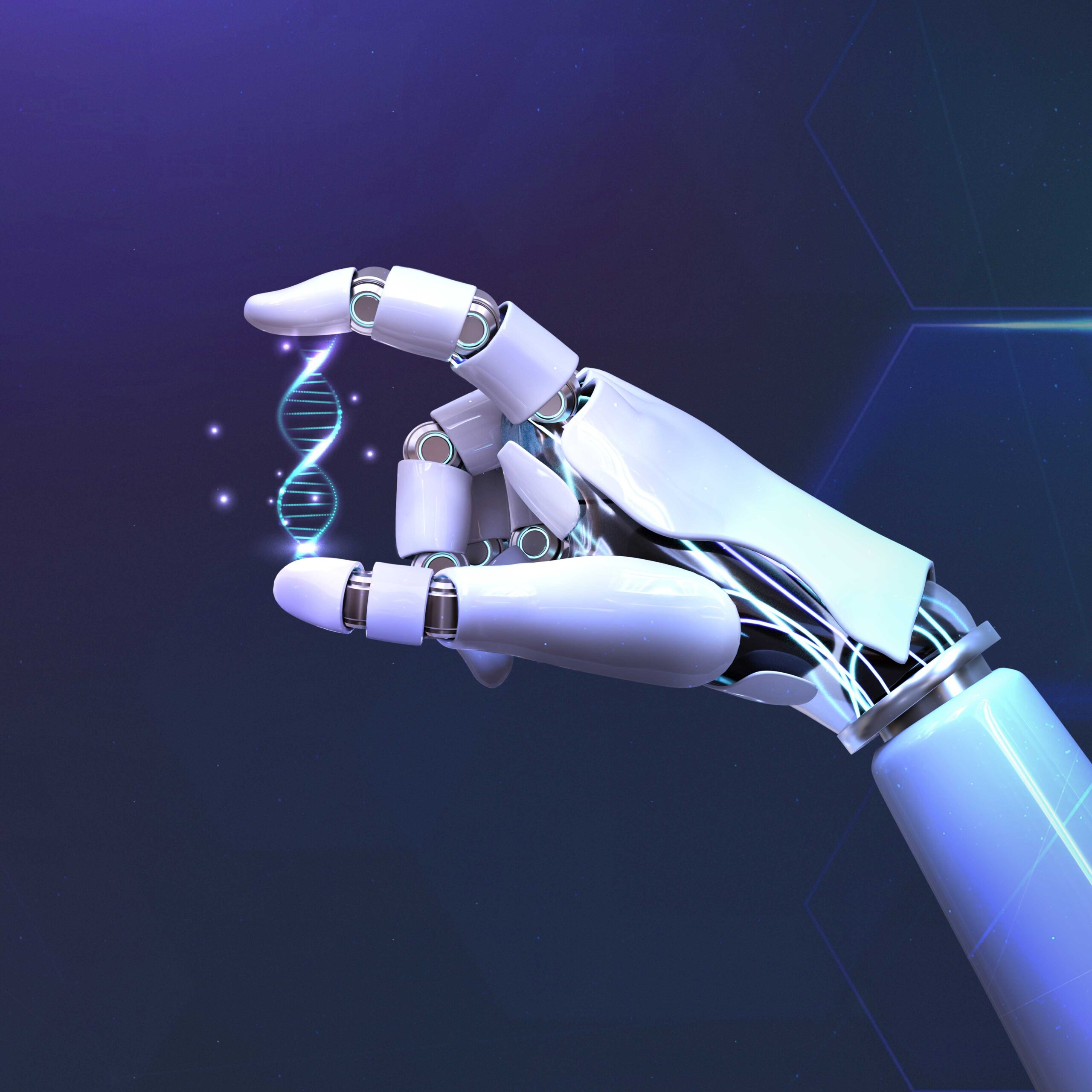Ethics and Artificial Intelligence in the medical sector: the delicate relationship between profound dilemmas and revolutionary developments

Publicado em 22/01/2024 • News • English
Artificial Intelligence (AI) is emerging as a new force, breaking new ground, and revolutionizing practices, including in the medical sector. The new AI technology, equipped with complex algorithms, is capable of analyzing sets of medical data in record time and speeding up diagnoses, helping to identify diseases, personalizing treatments based on the data collected, among other things. However, alongside these revolutionary prospects, the intersection between AI and the medical sector also brings ethical issues that require a careful balance between innovation and integrity. How do you ensure that the information generated is accurate and reliable? How can we ensure that the users’ privacy is not violated? Who takes responsibility when the AI recommendation has harmful consequences? How to assign responsibility in complex scenarios where the decision is influenced by both AI and the medical professional’s decision? These few questions already illustrate the complexity of the relationship between AI and the medical sector and show the need for a careful approach that takes into account both revolutionary technological advances and the ethical principles fundamental to medicine.
In general, the ethical considerations related to AI are in regards to privacy, transparency, bias, and accountability. In this case, it is important to ensure that the algorithms are developed and trained in such a way as to minimize the risk of biased results, while protecting data privacy and security. Mitigating the risks of artificial intelligence and promoting ethics in the medical sector requires key strategies involving regulations, transparency, collaboration, and education. The development of ethical guidelines and standards for the use of AI in the medical sector must address issues such as data security, transparency of algorithms, clinical validation and legal liability. The creation of multidisciplinary committees can help to draw up public policies that balance technological innovation with patient safety, for example. Any application of AI in the medical sector must undergo rigorous clinical testing before practical implementation. Clinical validation ensures that the technology is accurate, reliable and safe for patients. It is crucial to ensure that the data used by the algorithms is diverse, to avoid bias and prejudice. In order to do this, data must be collected from different demographic backgrounds and geographical areas, so that AI can offer equally accurate diagnoses and treatments for everyone.
The involvement of healthcare professionals in the development, validation and implementation of AI solutions in the medical sector is fundamental. Only this clinical expertise can truly assess the relevance and effectiveness of the applications proposed by AI. To do so, these professionals must be trained in how AI works, its limitations and, in particular, how to understand the information provided. This will ensure greater collaboration in the delicate relationship between ethics and AI, while always focusing on the patient’s well-being.
AI proposals in the medical sector must be continuously monitored to identify ethical problems, receive the necessary adjustments to the algorithms and ensure alignment with best practices. The combination of these strategies can contribute to a more ethical and integral integration of AI in the medical sector, maximizing the benefits and minimizing the potential risks. Today’s AI models are being shaped by a combination of technical and social mechanisms, as well as the development of legal and regulatory frameworks. But ethical issues need to be given primary importance as AI technology integrates into the medical sector.
By: Ligia Maura Costa
chairman of ABIMED’s Independent Ethics Council

 Portuguese
Portuguese
 Spanish
Spanish
 English
English






















